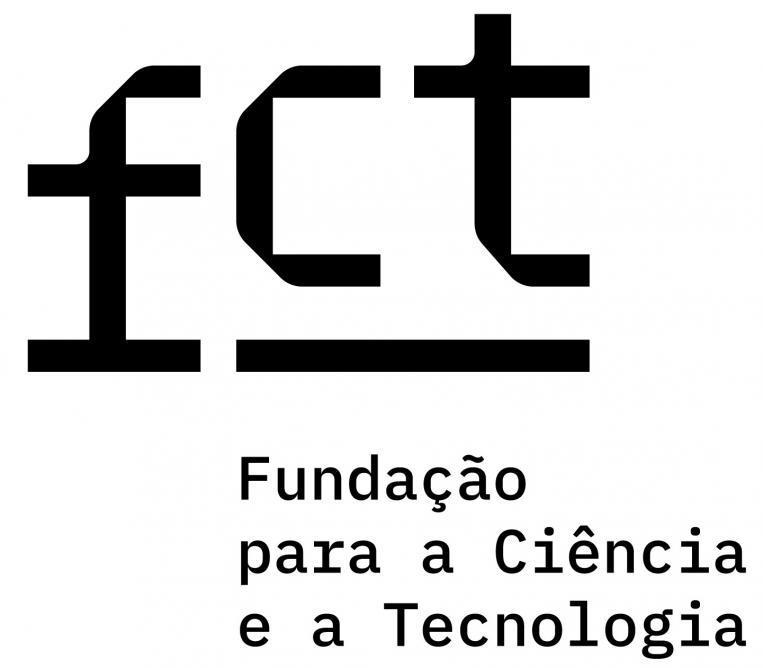CEFH investigates, from an interdisciplinary perspective, the relationships between Nature, Person and Society, considering the new concepts of human being and of interpersonal relationships that emerge from cognitive science. The Unit integrates Philosophy, Linguistics, Communication Sciences, Literary Studies and Psychology and promotes the dialogue between philosophical traditions (e.g. phenomenology, philosophy of religion/nature) and the contemporary cognitive sciences.
CEFH explores three research topics of the person’s relationship with others and with the world: (1) causal processes, complex systems and emergence; (2) ecologies of the human: identity, otherness, happiness; and (3) cognition, intersubjectivity and human development. By assuming the experientialist principle of embodied cognition, these research topics are studied as symbolic expressions of the embodied-enactive brain/mind.
Specific objectives of the Centre are:
- to promote, coordinate and support research projects in the areas of philosophy, language and communication sciences, literary studies, and psychology;
- to explore, in a multidisciplinary perspective, the relationship between Individual and Society in its philosophical and ethical, linguistic and communicative, cultural and literary, psychological and educational dimensions;
- to investigate how is human thought determined by our organic embodiment and by our individual, social, cultural and historical experiences
- to argue, on the basis of philosophical, linguistic, literary and psychological evidence, that thinking, rationality, language, poetry, imagination, culture, memory, perception, emotion are “products” of collective minds situated in their physical, social, cultural and historical contexts;
- to apply the results of fundamental research to educational, artistic, health and medical settings, as well as to information and communication technologies;
- to support the training of PhD and post-doctoral researchers in the scientific areas with which the Centre is concerned;
- to promote exchange with other scientific and cultural institutions in Portugal and abroad;
- to organize and collaborate in congresses, symposium, colloquium, seminars, specialist courses, scientific meeting and cycles of conferences;
- to promote and support the publication of the results of the undertaken research.




